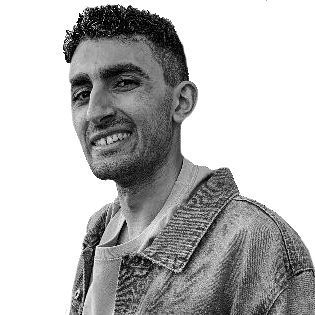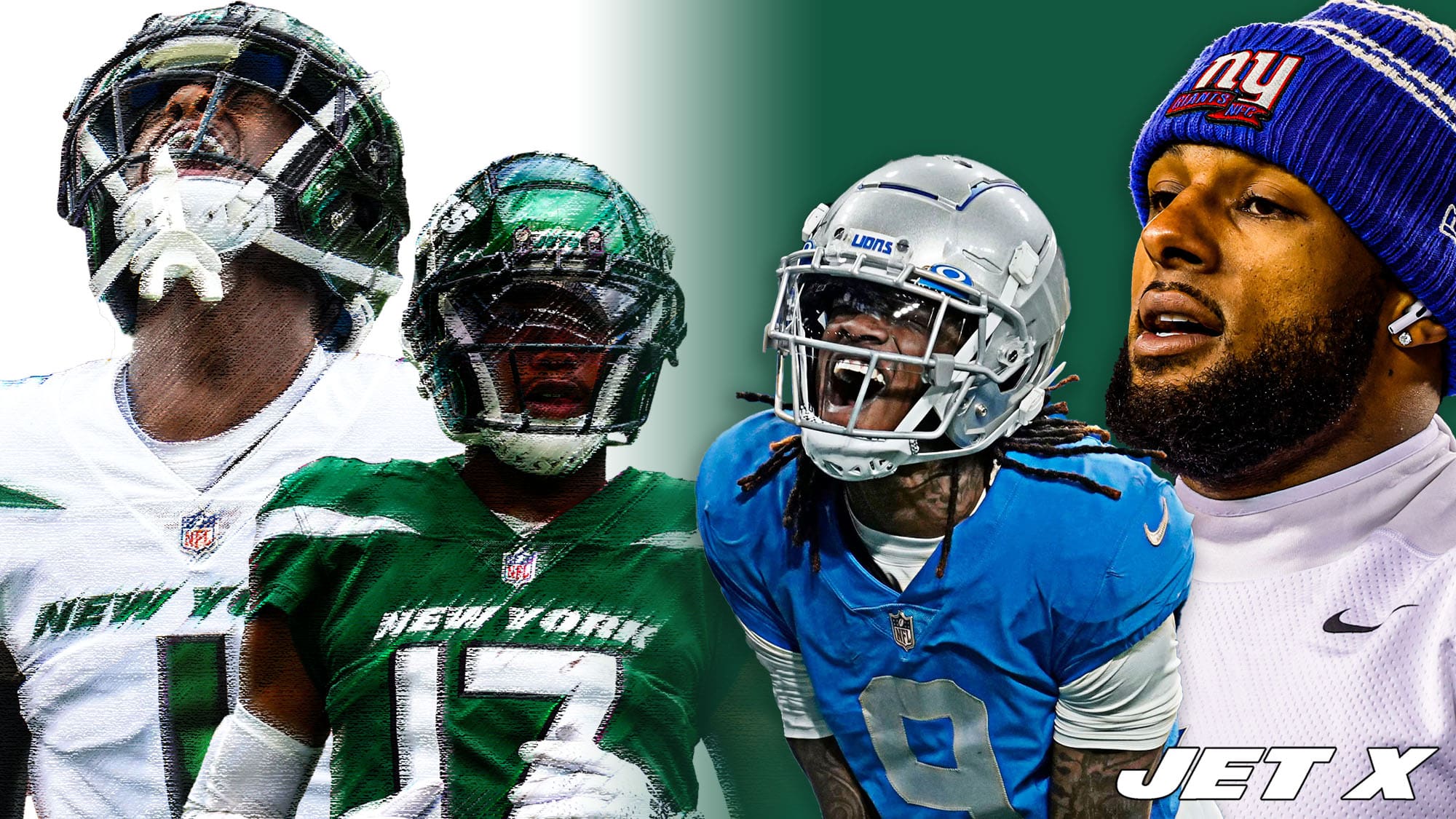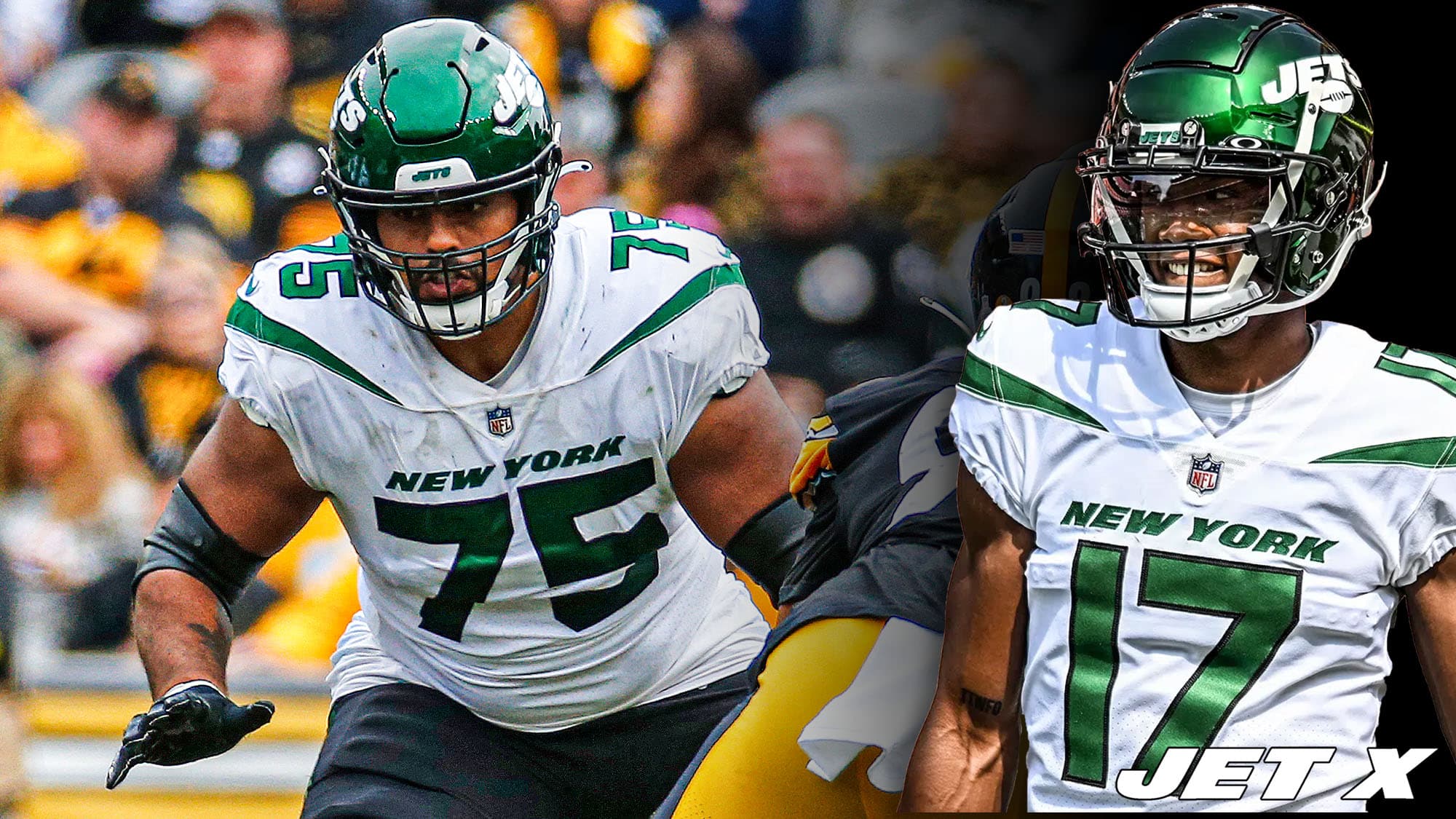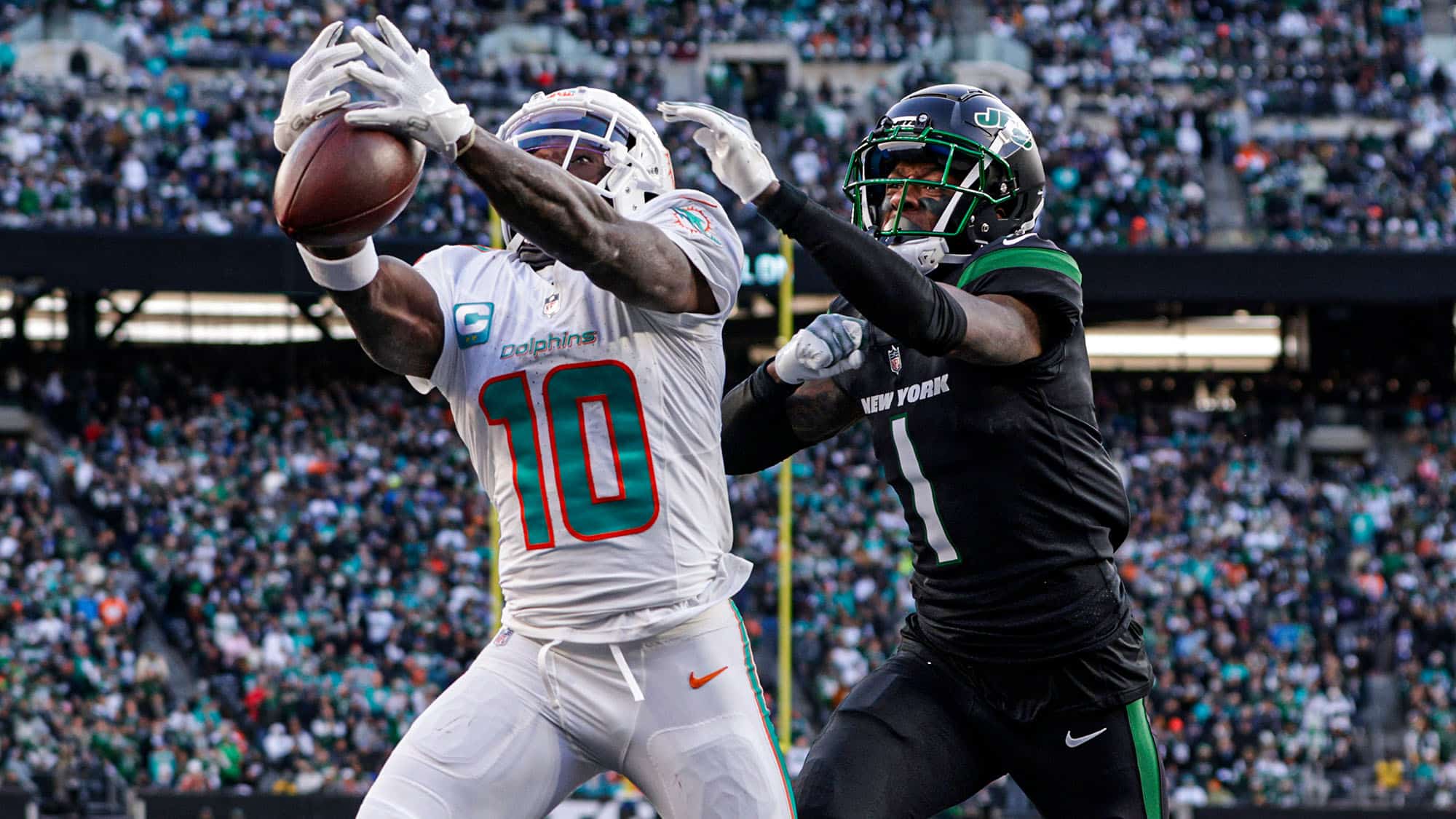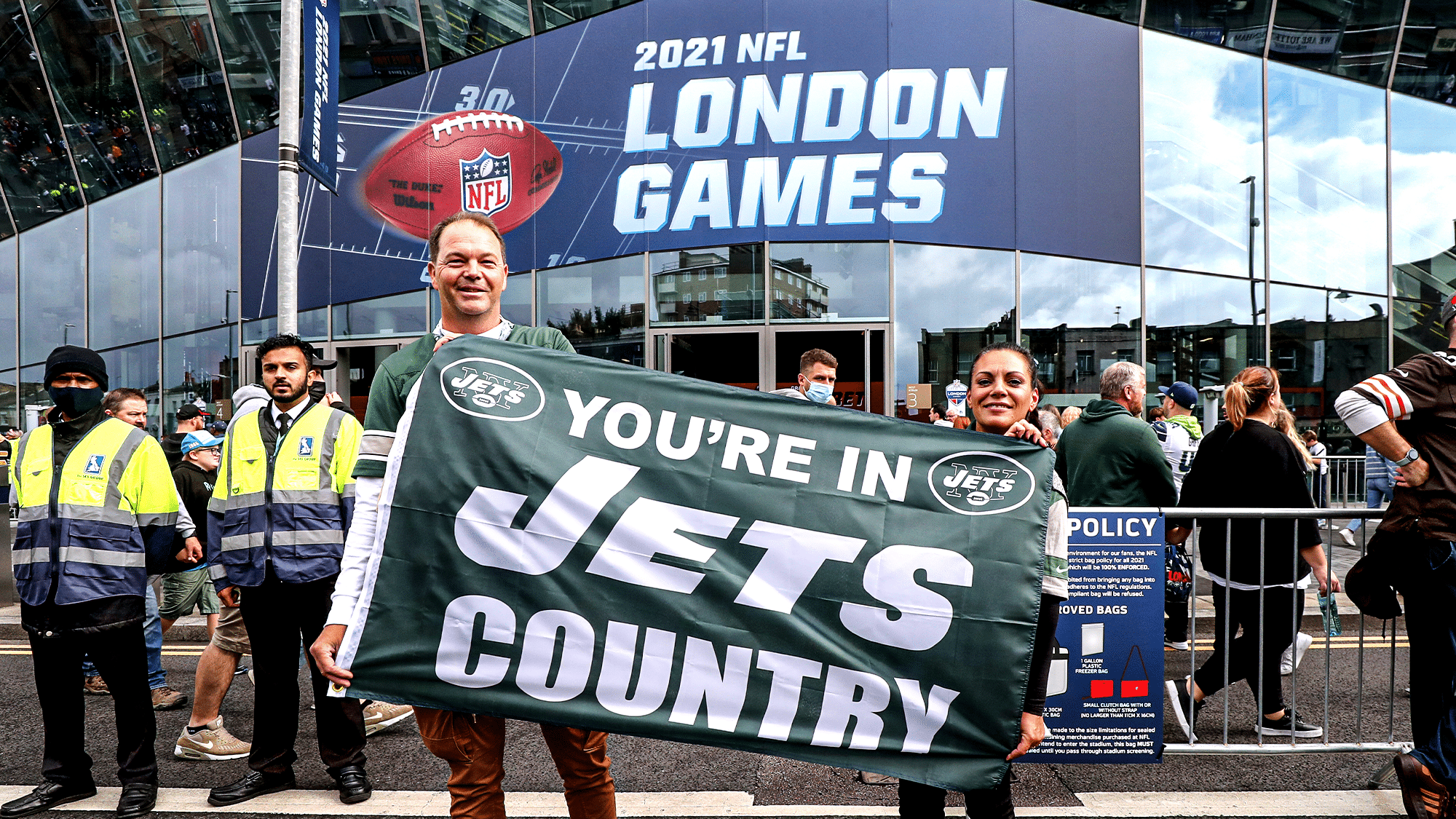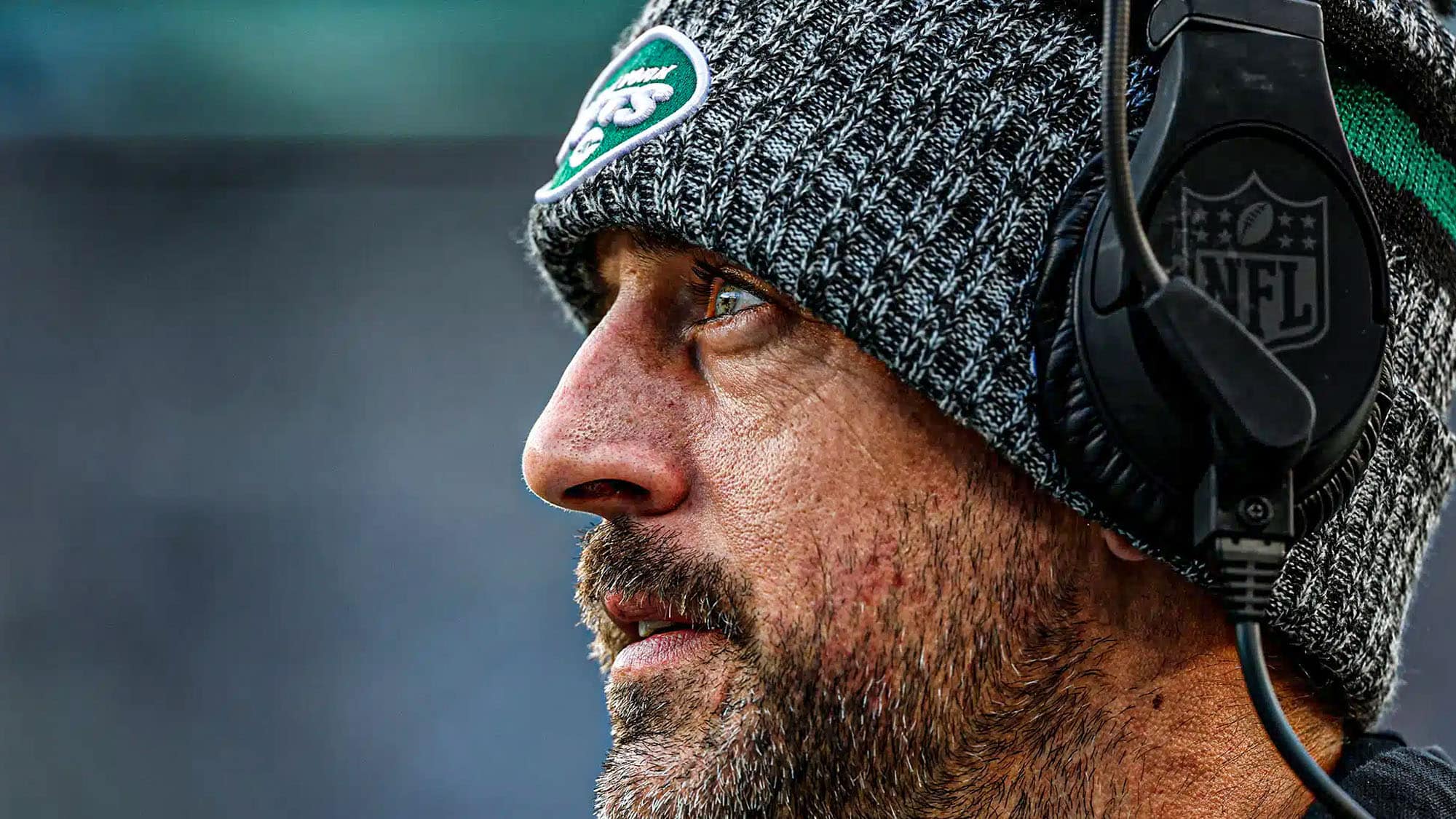How often do the New York Jets actually draft the player they’re expected to?
As we broke down earlier today, Georgia tight end Brock Bowers currently stands as the consensus favorite to be drafted by the New York Jets. According to NFL Mock Draft Database, Bowers is being sent to the Jets at No. 10 in 64% of mock drafts right now.
Does this mean anything? Anything at all?
Well, let’s try to get an idea by looking back at the Jets’ recent history in consensus mock drafts.
Here are the last 10 favorites to be drafted by the Jets in the first round (dating back to 2016, which is as far back as the data is available), per NFL Mock Draft Database:
- 2024 (as of April 10), No. 10: Brock Bowers, TE, Georgia: 64% of mock drafts
- 2023, No. 15: Darnell Wright, OT, Tennessee: 24% (Wright: #10 to CHI – Jets: Will McDonald)
- 2022, No. 10: Jameson Williams, WR, Alabama: 24% (Williams: #12 to DET – Jets: Garrett Wilson)
- 2022, No. 4: Kayvon Thibodeaux, EDGE, Oregon: 29% (Thibodeaux: #5 to NYG – Jets: Sauce Gardner)
- 2021, No. 2: Zach Wilson, QB, BYU: 98%
- 2020, No. 11: Mekhi Becton, OT, Louisville: 34%
- 2019, No. 3: Quinnen Williams, DT, Alabama: 40%
- 2018, No. 3: Baker Mayfield, QB, Oklahoma: 47% (Mayfield: #1 to CLE – Jets: Sam Darnold)
- 2017, No. 6: Mitchell Trubisky, QB, North Carolina: 16% (Trubisky: #2 to CHI – Jets: Jamal Adams)
- 2016, No. 20: Paxton Lynch, QB, Memphis: 40% (Lynch: #26 to DEN – Jets: Darron Lee)
Prior to Bowers, only three of the Jets’ last nine consensus favorites were actually drafted by the team: Zach Wilson, Mekhi Becton, and Quinnen Williams. Wilson shouldn’t even be included in the sample since he was already set in stone long before draft day arrived; outside of him, it’s 2-for-8.
With that batting average, it sure seems like the consensus mock draft selection does not hold much weight. However, it should be noted that Bowers’ 64% pick rate is significantly higher than any of those eight picks. None of them even reached 50% – Baker Mayfield was the highest at 47%. So, perhaps the unusually heavy lean toward Bowers will end up meaning something.
The consensus picks were mostly poor anyway
For the most part, the Jets didn’t miss out on much of anything by not taking the players mocked to them.
Paxton Lynch was a total bust. Darron Lee wasn’t much better, but at least he started for a few years. He ended up being traded for a sixth-round pick (although the Jets burned it by trading for cornerback Quincy Wilson, who played 3 games with the team).
Mitchell Trubisky proved himself to be a backup-level quarterback. Jamal Adams gave the Jets two All-Pro seasons and was traded for a package that yielded two of their current cornerstone players on offense. That pick continues paying dividends to this day, and will continue to do so for years to come.
Baker Mayfield was widely considered the Jets’ likely pick at No. 3 in 2018 until he surprisingly emerged as the Browns’ preferred option on draft day. Before that, Sam Darnold was the clear favorite to go No. 1. Darnold was sent to Cleveland in 57% of mock drafts. With Mayfield going to Cleveland, Darnold slipped to the Jets.
Mayfield has clearly been a better NFL quarterback than Darnold. Not only did Mayfield beat him in a head-to-head competition in Carolina two years ago, but Mayfield just signed a three-year, $100 million deal with Tampa Bay while Darnold is on a one-year deal worth up to $10 million as the Vikings’ stopgap QB. Mayfield also has over twice as many career touchdown passes (130 to 63).
However, Mayfield is still only a league-average starting quarterback at best, and for a No. 3 pick, that would not have been worthwhile for the Jets. For that reason, they were arguably better off with Darnold. He was bad enough to make it obvious that the Jets needed to move on quickly. For a QB-starved Jets franchise, Mayfield would have been just competent enough to convince the team to waste more time on him. It’s possible the Jets could have extended Mayfield and ended up in QB purgatory. Being tied to a middle-of-the-pack guy is the worst place you can be at the QB position (hello, Giants).
Not to mention, despite Mayfield proving himself as the better QB in the long run, Darnold actually fetched a better trade package for the Jets than Mayfield did for the Browns. Darnold netted second-round, fourth-round, and sixth-round picks while Mayfield only pulled in a conditional fifth-round pick.
This is another benefit of picking the guy who played himself off the team faster. Darnold’s trade value was higher because he only had three seasons under his belt, giving him more perceived upside at the time. Mayfield wasn’t traded until after his fourth season, lowering his perceived upside and thus his trade value. Darnold being two years younger also helped matters; he was going into his age-24 season when traded while Mayfield was going into his age-27 season.
So, while the Jets got the lesser player, they may have gotten the better outcome in the long run. Either way, neither QB would have come close to meeting expectations as the No. 3 pick, especially considering the massive package New York parted with to move up from No. 6.
From 2019-21, the Jets picked their favored player three years in a row.
The No. 3 pick in 2019 was largely viewed as a toss-up between Quinnen Williams and edge rusher Josh Allen. It seems like the Jets made the right pick. Allen wouldn’t have been a bad pick, as he is a premier pass rusher coming off a 17.5-sack season, but Williams is a far better two-way force and ranks higher at his position.
The No. 11 pick in 2020 was a similar debate to today: offensive tackle or weapon? The Jets could have taken the best tackle available between Mekhi Becton, Jedrick Wills, Andrew Thomas, and Tristan Wirfs, or they could have taken a wide receiver like CeeDee Lamb or Jerry Jeudy. Of the six aforementioned players, only Thomas and Wills were gone by the Jets’ pick. Douglas went with Becton as his first-ever draft pick, passing on Wirfs, Lamb, and Jeudy, who all went off the board in the next six picks. Clearly, that was a colossal whiff.
In the early goings of the 2021 draft process, the No. 2 pick was an even debate between Zach Wilson and Justin Fields. Wilson emerged as the Jets’ clear preference after his pro day in late March. It didn’t take long until the cat was out of the bag. By this day three years ago, everyone knew the Jets had made their decision.
Similar to the Mayfield-Darnold situation, the Jets probably came out on the best end of this. Fields is undoubtedly better than Wilson, but he is nowhere close to a star QB and probably never will be. His own team admitted as much by trading him for a Day 3 pick after only three years. Yet, he showed enough over his first two years to get a third season as a starter, while Wilson did not. If the Jets drafted Fields, they probably would have given him a third season in 2023 instead of moving on to Aaron Rodgers after just two years.
We’ll see how the Rodgers addition pans out in the end, but at this moment, I’m sure the Jets are thrilled to have Rodgers instead of wasting 2023 on a third year with Fields and then trading him for a Day 3 pick in 2024, which would leave them in need of a QB going into the 2024 offseason. Would they have overpaid for Kirk Cousins? Maybe. Or would they turn their focus to the draft? That’s all hypothetical, but what we do know is that by taking the historically poor QB instead of the bad QB, the Jets wound up with Aaron Rodgers leading a stacked roster.
Armed with two top-10 picks in 2022 after winning six games over the past two seasons, the Jets were linked to countless prospects at many different positions. They were favored to take edge rusher Kayvon Thibodeaux and wide receiver Jameson Williams. Douglas did end up taking a defender and a wide receiver: Sauce Gardner and Garrett Wilson. Both Thibodeaux and Williams were available at the two respective slots when the Jets were on the clock.
It’s safe to say Douglas made the right picks. Gardner is a two-time All-Pro while Thibodeaux is yet to make a Pro Bowl or an All-Pro team. Wilson is a two-time 1,000-yard receiver in an atrocious offense while Williams has 395 yards across two years while playing in an elite offense. Give Douglas an immense amount of credit for those selections, as neither was viewed as a shoo-in by any stretch of the imagination.
The 2023 draft was one of the most difficult to predict for New York, largely because of the Aaron Rodgers trade hanging in the balance for more than a month after he announced his intentions to join the team. New York was initially situated at No. 13. In that slot, they were widely expected to take Georgia tackle Broderick Jones. Once they moved down two spots to No. 15, Jones became favored to be taken by the Patriots at No. 14, leaving the Jets favored to take a different tackle, Tennessee’s Darnell Wright.
Wright never made it to the Jets, as the Bears took him at No. 10. As it turns out, Jones did go at No. 14 – only to the Steelers, as the Patriots traded out of the slot. New York wound up with Will McDonald. In the consensus mock draft, McDonald was expected to be taken by the Saints at No. 29.
Wright started all 17 games at right tackle for Chicago. Jones was a backup to begin the season but ended up starting 11 games, 10 of them at right tackle. Statistically, both players graded as below-average starters, so they each have plenty of room to grow. However, they at least started for their teams, something McDonald did not do and remains far away from as he enters his second season.
Recent history tells us the Jets will probably not draft Brock Bowers despite the fact he is viewed as the consensus favorite. But will they regret not having him? Or will they be thankful?
Of the six consensus favorites who were not drafted by the Jets since 2016, I would argue the Jets were better off without them in five of the six situations, with the exception being last year’s McDonald pick, which is too early to call, anyway. The Adams, Wilson, and Gardner picks were enormous victories compared to the consensus favorites. I’d argue that Darnold over Mayfield was a win for the franchise’s long-term health, even if Mayfield is a better player. I guess you can say Lee was a marginal win over Lynch.
So, if the Jets do not end up with Bowers, let’s hope this goes down as another scenario where the Jets outsmarted the consensus.
